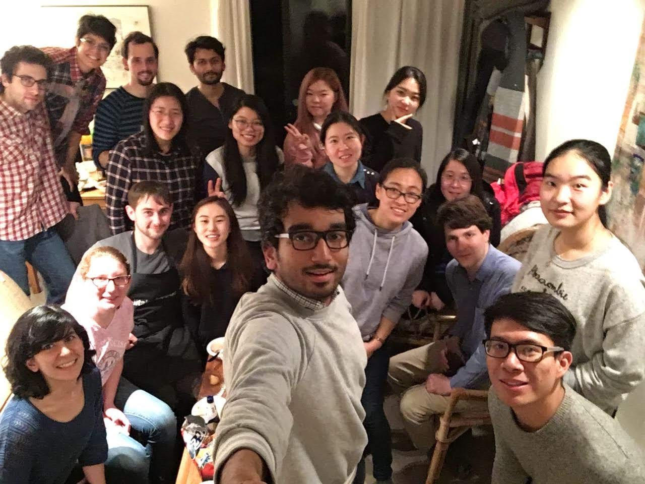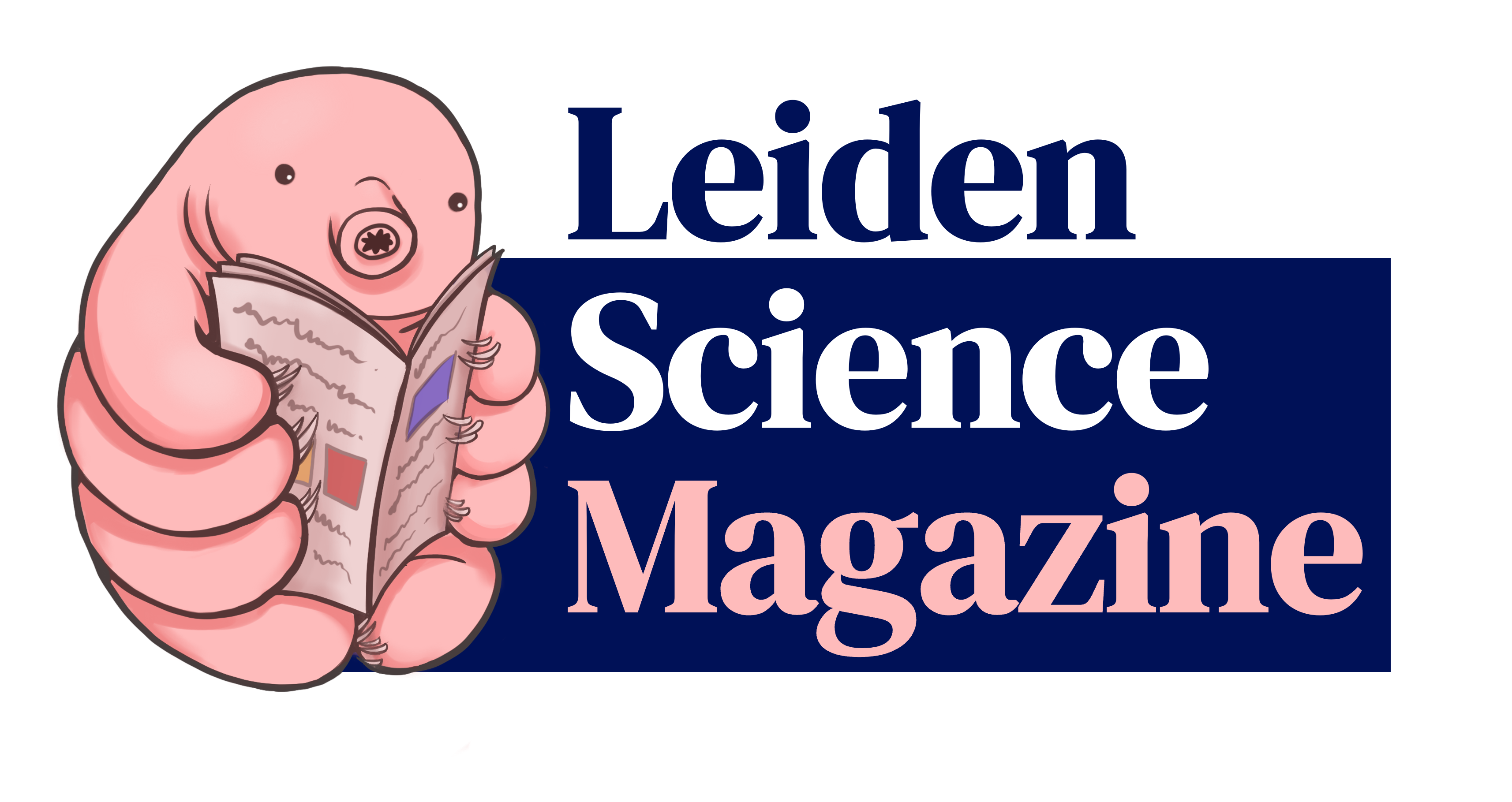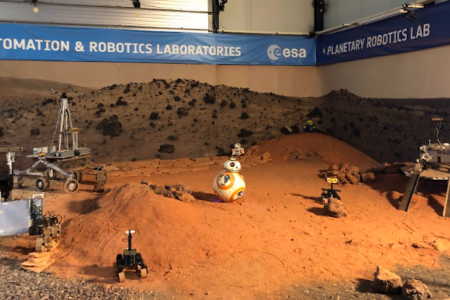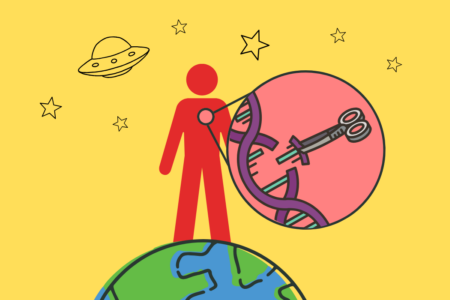More equality and inclusivity within academia: In conversation with Dr. Yuli Ding
In a Canadian research group with a majority of Chinese people, an extra rule was established to make the environment more inclusive. The equivalent of a cursing jar was established. Every time someone spoke Chinese in the lab and got caught, they had to pay a dollar. But is this the solution?
Assertive, enthusiastic, and determined, Biologist Dr. Yuli Ding spoke about her experiences and opinions on how academia as an international environment can improve as well as being a woman in academia. Dr. Ding is a plant scientist, originally from China and currently a visiting scientist at the University of Leiden. She specializes in the field of plant-microbe interactions.
During her education and work in academia, she has lived in different countries all over the world and therefore, has been exposed to multiple cultures. After finishing her undergraduate studies in China, she completed her Ph.D. in Canada (including a short research stay in Germany) and her postdoc in the UK. Just recently, she moved to the Netherlands, where she currently resides. Moving around so much and working in so many universities has allowed her to experience the atmosphere in different labs. One of the things all these places seemed to have in common is, sadly, that language often gets in the way of people working well together.
The Language divide
Academia is an international endeavor, with people from different cultures coming together with the aim to create new knowledge. In such an international environment, it is well understandable that people would prefer talking in their own language once in a while when they have the chance. However, this can also create division and tension within research groups.
Dr. Ding has found herself in this situation many times throughout her international career. She recalls the time she worked in Germany, in a department that was spread over two floors. On one of the floors, the majority of researchers were German and always resorted to speaking German among themselves. On the other floor, most were internationals, so they mainly spoke English. She remembers feeling lucky to be on the international floor, as international colleagues from the other floor mentioned that they could rarely join conversations of their German colleagues.
Another instance where language was the source of tension was during Dr. Ding’s stay in the UK. In the lab where she worked was a diverse group of Italian, Chinese, Indian, German, French and British people, who spoke in their own language from time to time. As the number of Chinese people in the lab grew, however, one of the research assistants didn't like that Chinese was spoken in the lab, so she tried to convince the group leader to ban people from speaking it. Yet, funnily enough, she didn’t seem to have a problem with the other internationals speaking their native language.
Though Dr. Ding was not opposed to an English-only rule for all lab members, she disagreed with the way that the research assistant brought it up, since they portrayed it as a problem caused by Chinese-speaking lab members. While the group leader proposed an English-only rule, a British Ph.D. student spoke up saying, “people should have their right to speak whatever language they want!”
Dr. Ding emphasizes that forcing non-native English speakers to always speak English to each other doesn't make much sense in her eyes. This is especially true for conversations between two people with the same native language. It is more important that people show awareness when they are in the company of people not speaking the same native language and switch to English if they would like to join the conversation. So the key to a healthy lab environment is facilitating open communication and simply being open towards one another. In the end, no one likes to feel excluded.
She also highlights the situations she’s been in that helped bridge the cultural divide amongst fellow colleagues. During her Ph.D. in Canada, people in the research group celebrated multiple cultural holidays together which increased the feeling of inclusivity within the group. For instance, during Chinese New Year, the department reserved some funding to celebrate the occasion by ordering take-out from a Chinese restaurant together. Similar events were held during Halloween and other holidays.
“You don’t want to force people to have certain rules.” Dr. Ding says. Instead, sharing food is a great way to exchange culture, she suggests. For example, International potluck meals are great to get to know each other in an approachable way. “I think the university could promote this right? Food, I think is universal!”, Dr. Ding says, “ Nobody would say no to delicious food.” This can be a great starter to a conversation between people and help bridge the cultural gap that might exist within the group; something small but very impactful.

Women in academia
In our talk with Dr. Ding, we also briefly discussed the experience of being a woman in science. She points out that the gender ratio in academia (specifically biology) is rather equal during university studies. This is, up until post-doc positions. Once you get to faculty positions, there is a clear drop in the number of women in relation to their male colleagues.
She thinks that positions reserved for female researchers can alleviate this phenomenon, but also points out that they do not address the core issues. One central problem is the issue of maternity leave during an academic career. For female scientists pursuing an academic career, it can be difficult to find the “right” time to start a family.
The timeline of an academic career is strict, with some grants only accepting applicants who finish their Ph.D. within a defined timeframe. Consequently, if you delay your career to start a family, it can limit the pool of grants you qualify for and getting a grant already is not an easy feat. In 2020, the NWO (The Dutch research council) had an acceptance rate of 18% for grants awarded as part of the national research agenda.
Though Dr. Ding’s experiences abroad have been mixed so far, she is optimistic for the future. She understands that if one hasn't had an international experience, it can be difficult to understand cultural differences and be open to these differences. However, she thinks that collaboration in academia should be based on respecting each other as people, and their differences, no matter the culture. Everyone will be proud of their cultural background in some way, but that shouldn’t be a reason for division between colleagues.
Instead, she urges people to communicate openly about differences and avoid judging others from the get go. Dr. Ding especially advocates using food as a means to create a bridge between people. Her experiences with cultural exchange through international dinners make her hopeful that this is possible.
As we begin to experience each other’s culture, she emphasizes, we will find both the good and bad sides of it. Then, we should all take this as an opportunity to pick up what is great about each culture and learn from it and improve ourselves through the experience.








0 Comments
Add a comment